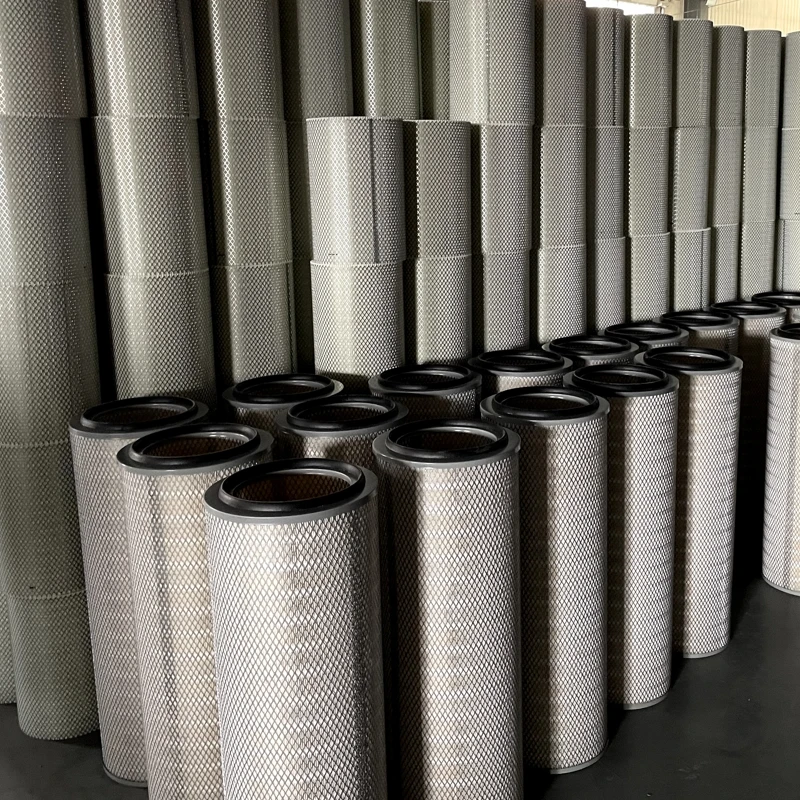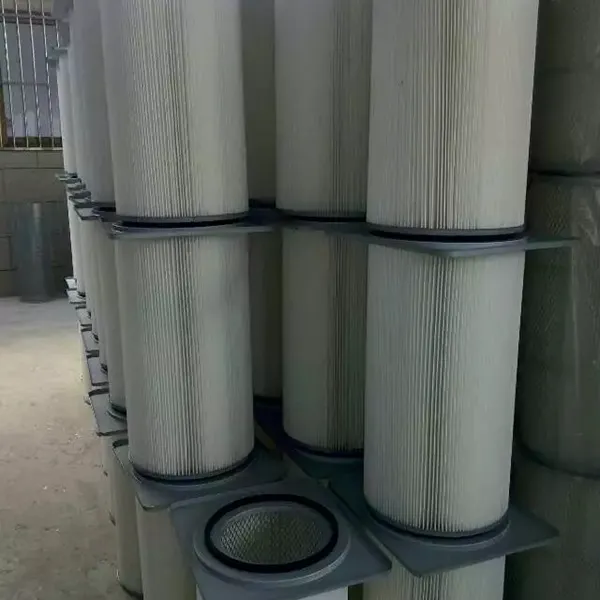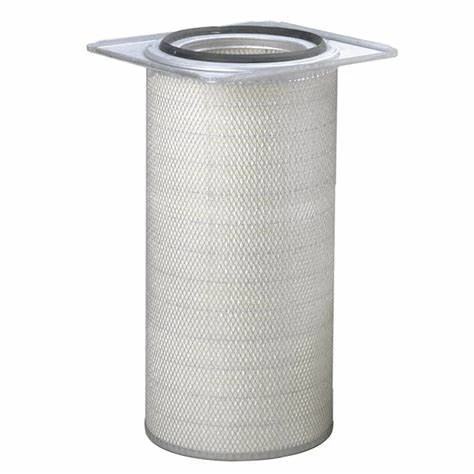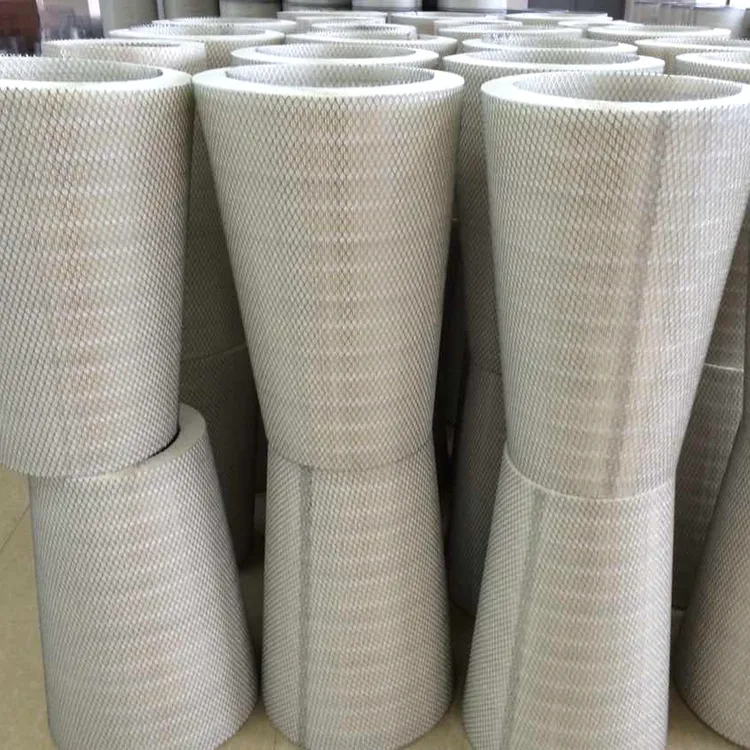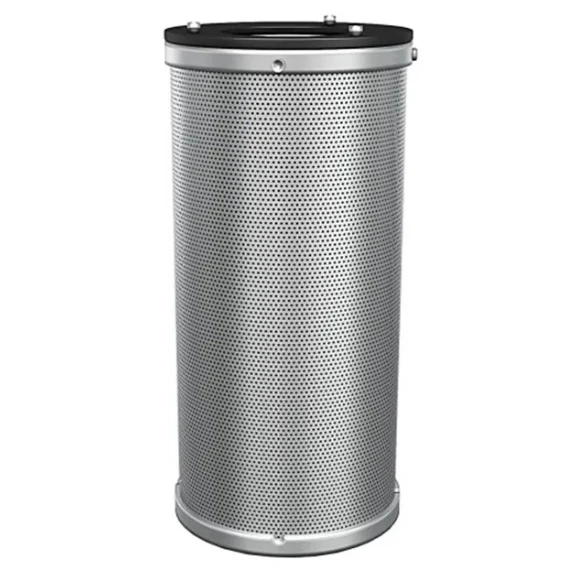 Tel:
+8618931101301
Tel:
+8618931101301
אוג . 13, 2024 08:52 Back to list
Effective Filtration Solutions for Gas Turbines to Enhance Performance and Longevity of Equipment
The Importance of Gas Turbine Filters in Power Generation
Gas turbines are critical components in modern power generation, playing a crucial role in the production of electricity and propulsion in various industries. As these engines operate under high temperatures and pressures, ensuring their efficiency and longevity is essential. One of the most significant aspects of maintaining gas turbines is the use of filters to protect them from contaminants in the air intake.
Understanding Gas Turbine Filters
Gas turbine filters serve as the first line of defense against airborne particles that can enter the turbine system. These filters are designed to capture dust, pollen, soot, and other particulate matter that could potentially damage turbine components. Because gas turbines typically operate in environments with varying air quality, the filters must be capable of handling diverse conditions, from industrial areas with high levels of pollutants to remote locations with natural dust.
Filters used in gas turbines are categorized primarily into two types inlet filters and coalescing filters. Inlet filters are responsible for removing larger particulates, while coalescing filters are designed to remove smaller droplets of liquid fuel and moisture. Together, these filters ensure that the air entering the combustion chamber is clean, thereby optimizing combustion efficiency and minimizing wear and tear on turbine blades.
The Impact of Filter Efficiency
The efficiency of gas turbine filters directly affects the performance of the turbine itself. When filters are clean and functioning optimally, the gas turbine can operate at peak performance levels. This not only increases the power output but also improves fuel efficiency. Conversely, clogged or inefficient filters can restrict airflow, leading to a decrease in turbine performance and an increase in fuel consumption.
gas turbine filter

Moreover, dirty filters can result in greater stress on the turbine components, leading to frequent maintenance and potential failures. This not only disrupts operations but can also lead to costly repairs or even unplanned downtime—a significant concern for power plants operating on tight schedules to meet energy demands.
Maintenance and Replacement
To ensure that gas turbine filters function effectively, regular maintenance and timely replacement are vital. Routine inspections help identify when filters need cleaning or replacing. Some filters are designed to be cleaned and reused, while others must be replaced entirely to maintain air quality and turbine performance. The frequency of maintenance can depend on various factors, including the operating environment, the type of filter used, and the specific gas turbine model.
Operators often use various indicators to determine filter performance, including pressure drop measurements across the filters. A notable increase in pressure drop can signify that filters are becoming clogged, prompting the need for maintenance. Implementing a predictive maintenance strategy can also enhance the reliability of filters, utilizing data analytics to forecast when a filter may need attention based on operating conditions.
Conclusion
In conclusion, gas turbine filters are essential to the efficient operation and longevity of gas turbines in power generation. They not only contribute to cleaner operations by preventing contaminants from entering the turbine but also play a vital role in maintaining high performance and reducing operating costs. As the demand for energy continues to grow, particularly from renewable sources, ensuring that gas turbines remain effective and reliable through proper filter management will be increasingly important. Investing in quality filters and adhering to a routine maintenance schedule can have significant long-term benefits for energy producers, ensuring they can meet the demands of an ever-evolving industry.
-
When should the dust filter be replaced?NewsApr.30,2025
-
How to choose a special dust filter?NewsApr.29,2025
-
Industrial air filters: How to deal with high dust environments?NewsApr.28,2025
-
From coconut shell to coal: performance differences of activated carbon filter elementsNewsApr.24,2025
-
Air filter survival guide in high-dust environmentsNewsApr.23,2025
-
How do air filters cope with high-concentration dust environments?NewsApr.21,2025

 Email:
Email:
